Within the framework of the international conference "From Mekong to the Ocean: Connecting the young generation of LabelFrancEducation high schools in Quy Nhon", students and teachers from many countries had a special opportunity to interact directly with Professor Duncan Haldane - the famous British physicist.
Professor Duncan Haldane – winner of the 2016 Nobel Prize in Physics, shared with students and teachers from many countries.
The talk was not only an intellectual encounter but also a place where the fundamental values of education , science and passion for discovery were awakened in a natural but suggestive way.
Right at the beginning, Professor Haldane emphasized the role of teachers in inspiring a love of science . “Most successful people in science mention a special teacher who inspired them from a very early age, probably in primary school,” he shared.
That message is like an encouragement for teachers, who silently sow the seeds for the future with lessons that are sometimes very simple, but enough to kindle in students a spirit of persistent discovery .
When asked about the meaning of the Nobel Prize, Professor Haldane answered gently, the most important thing is not the title, but the moment when people discover something that no one has ever known. “The satisfaction comes from the feeling that you have just touched something new and can inspire others to continue moving forward.”
Using simple examples, he leads the audience into the quantum world – a field he has devoted his entire career to. Concepts such as “quantum entanglement”, “quantum information” or “topology” become easier to understand through vivid explanations: “The reason we don’t fall through the floor is because of the Pauli principle – a quantum principle that prevents electrons from being in the same state. That’s science, not magic.”
Students asked questions and interacted with Professor Duncan Haldane.
He recounts his early days with an idea that was considered wrong and that he himself was skeptical about. But experimentation, he says, is where science speaks: “In science, you have to go back to experimentation. Experimentation tells you what is true.”
Professor Haldane calls the current era “the second quantum revolution”, where once philosophical ideas are becoming the foundation of technology: from quantum computers, information security, to sustainable materials.
Beyond physics, he has expressed interest in artificial intelligence (AI), climate change, renewable energy and the role of education in adapting to a rapidly changing world. He is an outspoken advocate of nuclear energy as a practical solution, emphasizing that “science and technology not only help us adapt, but also help change the world.”
Talking to his students, he always repeats a simple but profound advice: “Find what you really love. When you are passionate, you will never stop learning and you will go very far.”
He also emphasized the role of mathematics as an essential foundation: “Physics is not mathematics, but mathematics is the language used to talk about physics. And mathematics, in a broad sense, is a tool for solving problems in all fields.”
As a researcher and university lecturer, he added: “Trying to explain complex things in a simple way sometimes helps me solve problems in my research.” For him, teaching is not only about sharing knowledge, but also a way to refresh the lecturer’s own thinking.
Professor Duncan Haldane took a souvenir photo with students and teachers.
The talk ended with unpretentious sharing, but enough to suggest a profound view of science, where not answers, but the right questions are the beginning of discovery.
Professor Haldane does not preach a formula for success, but emphasizes the basics: be curious, courageously skeptical, and patiently pursue what you truly want to understand. This is not only the spirit of science, but also what education must preserve if it is to nurture generations who think differently and dare to go further. Because innovation, after all, does not start with a system but with a learner, with a question no one has ever asked.
Source: https://doanhnghiepvn.vn/cong-nghe/2016 physics nobel prize winner-khoa-hoc-khong-bat-dau-tu-giai-thuong-ma-tu-dam-me/20250630094724647


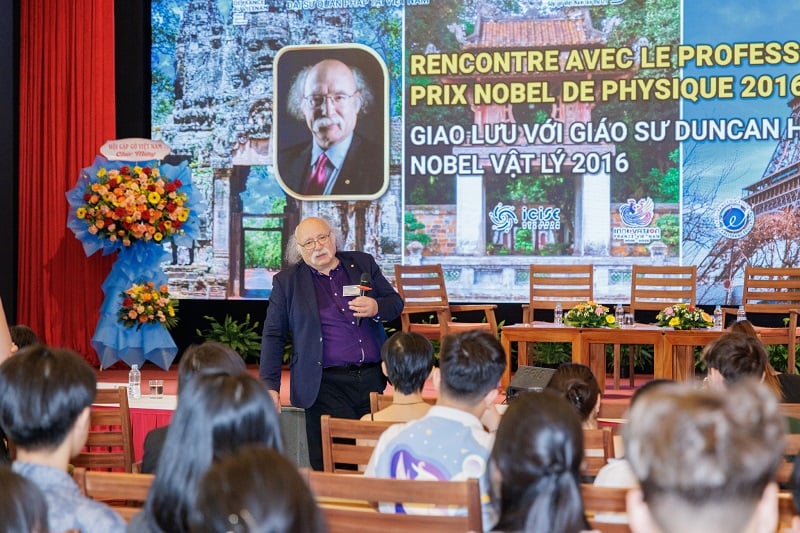
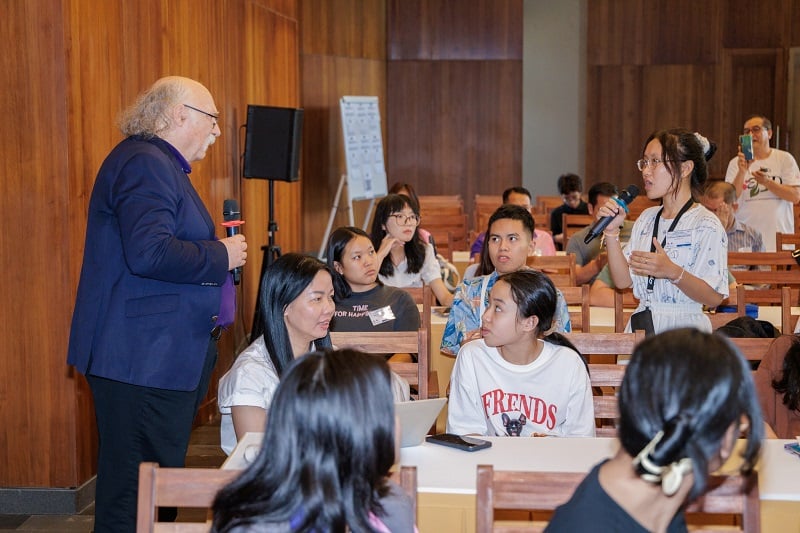
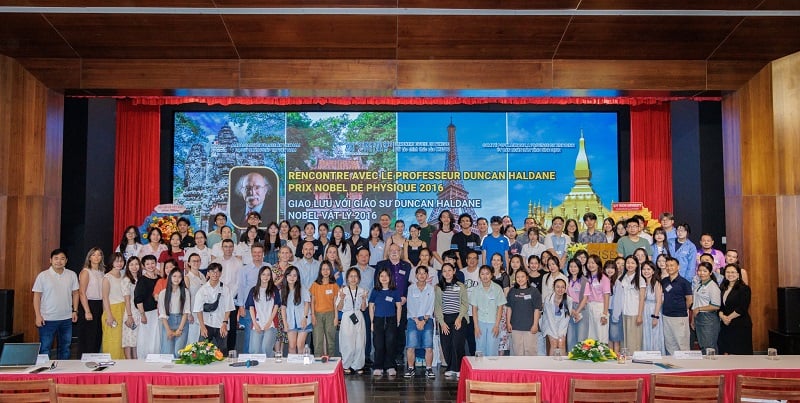

![[Photo] Prime Minister Pham Minh Chinh meets with Speaker of the Hungarian National Assembly Kover Laszlo](https://vphoto.vietnam.vn/thumb/1200x675/vietnam/resource/IMAGE/2025/10/20/1760970413415_dsc-8111-jpg.webp)
![[Photo] Da Nang residents "hunt for photos" of big waves at the mouth of the Han River](https://vphoto.vietnam.vn/thumb/1200x675/vietnam/resource/IMAGE/2025/10/21/1761043632309_ndo_br_11-jpg.webp)
![[Photo] Prime Minister Pham Minh Chinh received Mr. Yamamoto Ichita, Governor of Gunma Province (Japan)](https://vphoto.vietnam.vn/thumb/1200x675/vietnam/resource/IMAGE/2025/10/21/1761032833411_dsc-8867-jpg.webp)










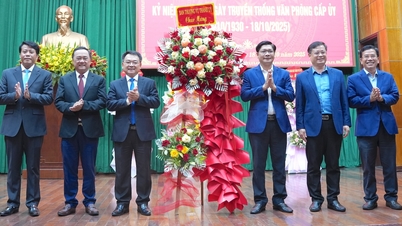
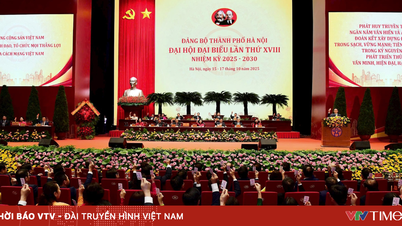

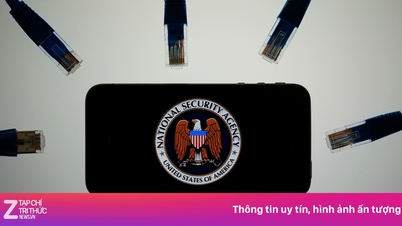

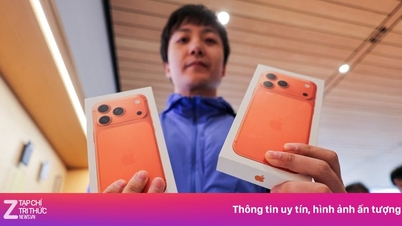


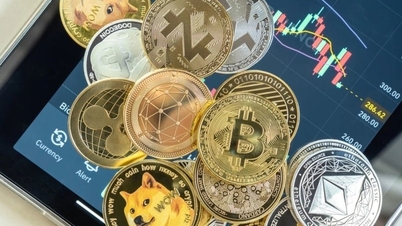






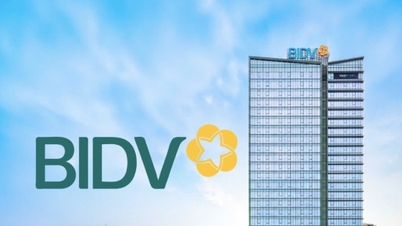
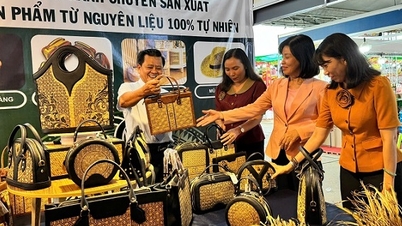
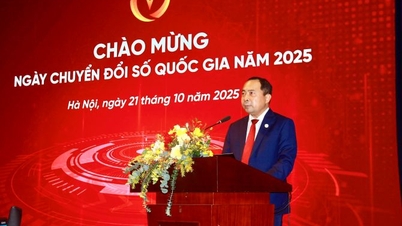
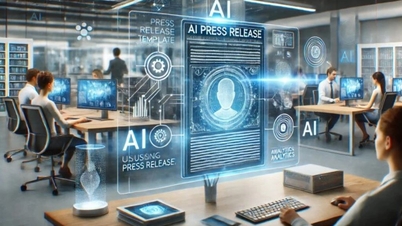
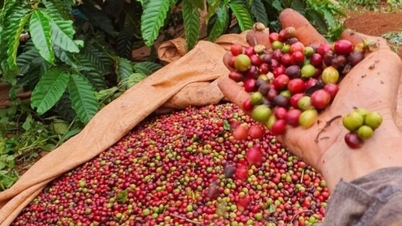



















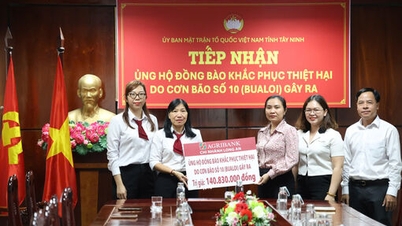


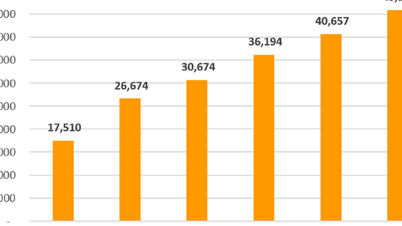
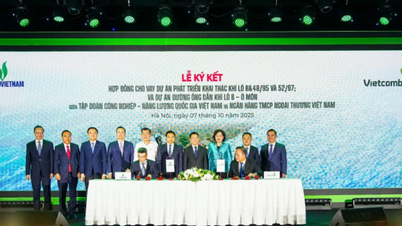

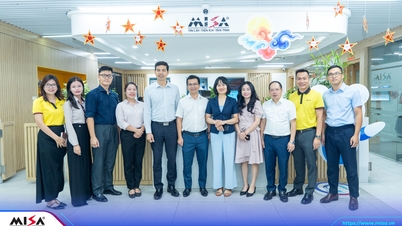

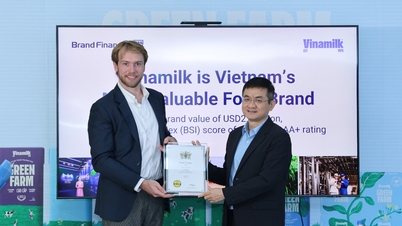






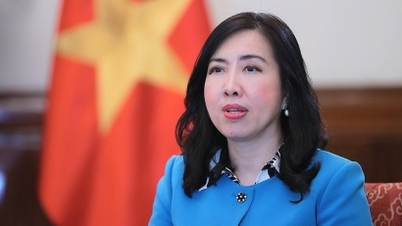
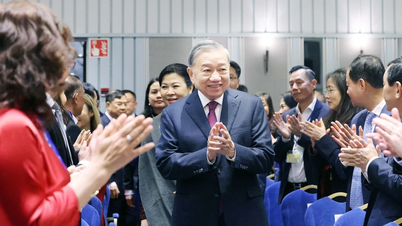


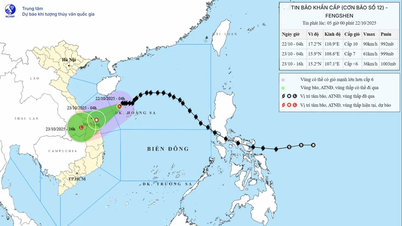

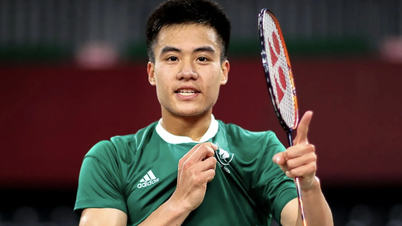


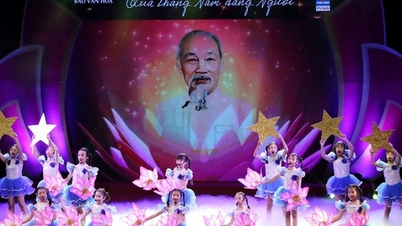
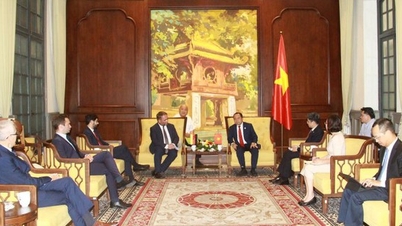

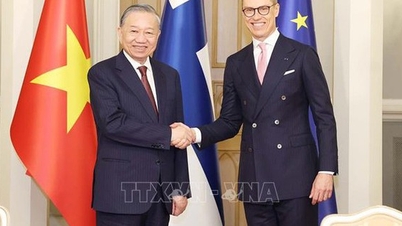
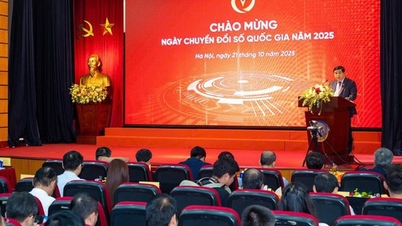
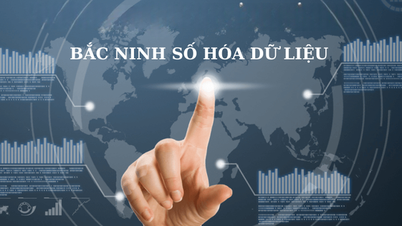
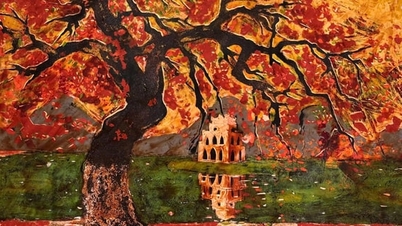

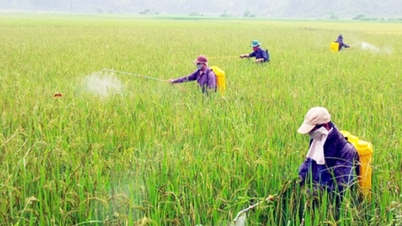




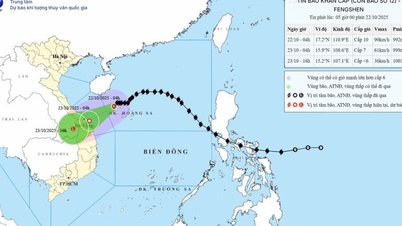














Comment (0)